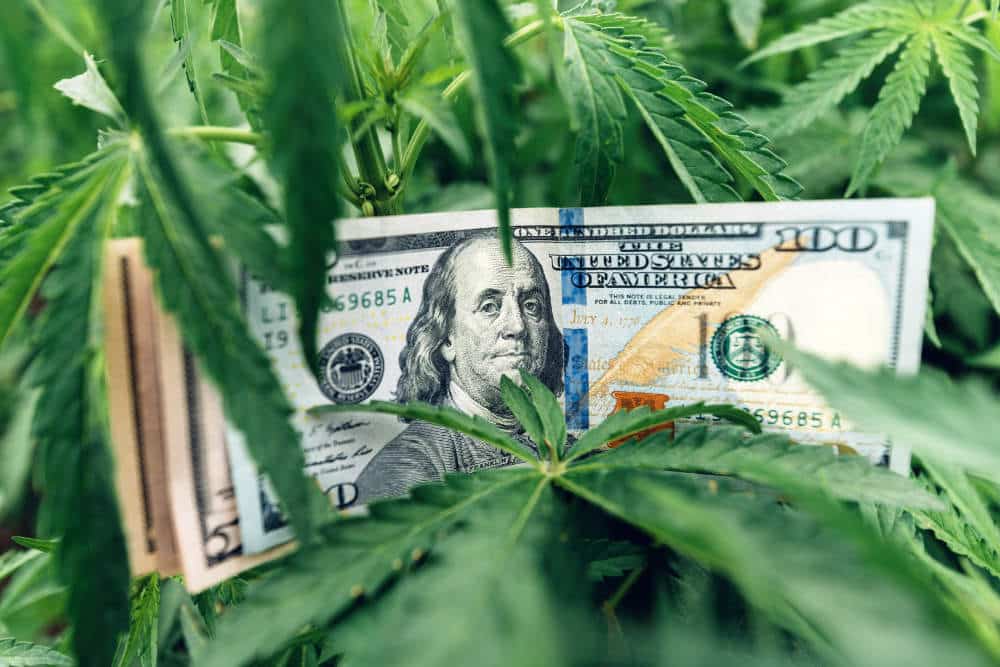As with many states across the US, Oklahoma’s economy is inextricably linked with the emerging cannabis industry.
The state has embraced the growing medical marijuana market, which has brought about a significant boost in the economy.
In this article, we will look at some of the ways that the cannabis industry is driving Oklahoma’s economy.
One of the most significant benefits of the medical cannabis industry in Oklahoma is the revenue it generates for the state. This includes sales tax, fees, and other charges related to the medical marijuana industry. According to recent reports, medical marijuana sales have reached over $350 million since the state legalized the drug in 2018. This tremendous revenue stream has been a boon to the state’s economy, providing additional monetary relief.
Another way in which cannabis is driving Oklahoma’s economy is by creating employment opportunities. Although cannabis remains illegal at the federal level, Oklahoma has allowed the operation of marijuana dispensaries, cultivations, and other related businesses. These operations need employees for various positions such as sales representatives, growers, and lab technicians, to name a few. As more businesses in the cannabis industry emerge from Oklahoma, it means more job opportunities for the state’s residents, which help boost the local economy.
Additionally, Oklahoma’s cannabis industry has been able to increase real estate and property investments in the state. The growing industry has created demands for property, facilities, and buildings that cater to cannabis-related operations. Property values are worth more now, given that land is in high demand from investors and entrepreneurs seeking to launch their cannabis businesses in Oklahoma. It’s likely that the real estate industry in the state will experience even more exponential growth opportunities in the future, thanks to this burgeoning industry.
Another factor that contributes to the cannabis industry’s growth in Oklahoma is the recent legalization of CBD products. This compound has become widely accepted as an alternative medical solution to traditional pharmaceutical products. The legalization of CBD in Oklahoma has opened up this market for entrepreneurs interested in the manufacturing and distribution of such products by providing more ways to improve health remedies and products in the medical field.
In conclusion, Oklahoma’s cannabis industry is a significant contributor to the state’s economy, much as it is in other states where marijuana’s medical and recreational use is legal. With the growing demand for cannabis-based products, more providers have emerged in Oklahoma, generating revenue, creating employment opportunities, and boosting the economy. This trend indicates a positive outlook for the state and its people. As long as Oklahoma can continue developing the cannabis industry by attracting more investors and entrepreneurs, it’ll remain one of the leading potential markets for this burgeoning industry.





